Contrary to the opinion of many who assume that tea is drunk only when a person is cold or sick, it turns out that this drink is the most popular after water, regardless of whether it is consumed hot or cold.
Tea is drunk all over the world - from the remotest corners of Africa to Antarctica. And all kinds of teas - both black, green, fruit and herbal teas. It's an universal drink consumed by billions of consumers.
However, here we will focus on a more special type of tea known as Hibiscus.
Called by many the most refined and delicate tea, because of its crimson red petals, Hibiscus is found to serve not only for enjoyment and thirst quenching, but also has numerous benefits for human health.
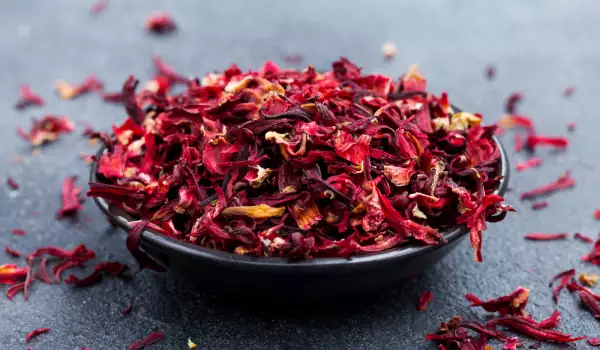
Hibiscus tea can also often be found as Roselle tea. It is available in sachets, bulk or even as a dietary supplement. It is well known to people who have high blood pressure, because it has been proven to lower it, often without the need for synthetic medications.
The composition of Hibiscus tea includes numerous antioxidants, as well as anthocyanins, such as blueberries and raspberries. It is low in calories, does not contain caffeine and has proven its healing properties.
In addition to regulating blood pressure, Hibiscus tea is also used to regulate the digestive system, for weight loss, against stomach pains (it also acts as a pain reliever during the menstrual cycle), has anti-inflammatory and antibacterial properties. Recent studies show that it even reduces the risk of cancer.
As with any tea and with Hibiscus, you have to be careful not to have too much of it. For all the above-mentioned benefits of hibiscus, it is enough to consume 1-2 cups daily. With longer use, as well as with exceeding the dose, there is a danger of it becoming toxic to the liver and testicles. Also, its consumption by pregnant and lactating women is not recommended.
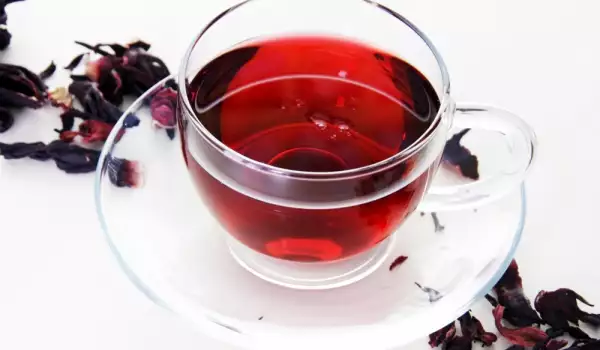
To finish off the article, we will add that Hibiscus leaves should not be soaked in water for too long and the water itself should not be boiled, because this way its useful ingredients are lost. According to some studies regarding the tea's blood pressure lowering properties, it is even better to steep Hibiscus in cold (lukewarm) rather than hot water.
For robust health, see more healing teas and effective infusions.
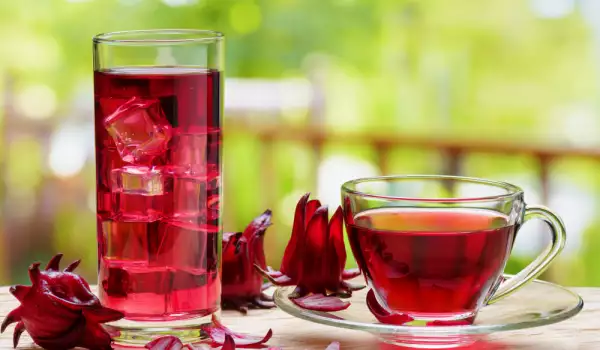
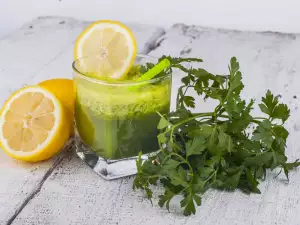
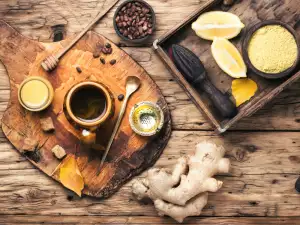
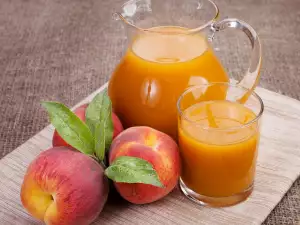
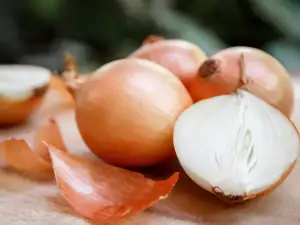
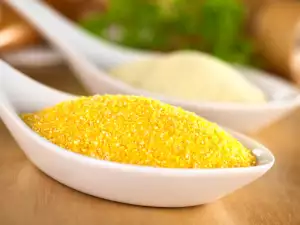
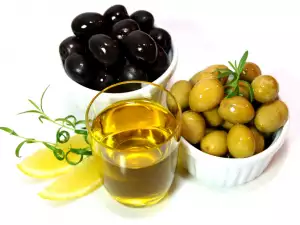
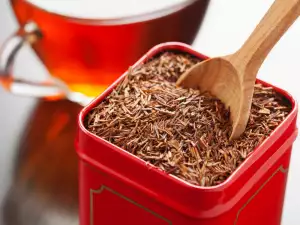
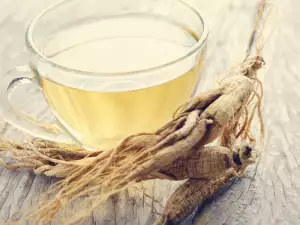


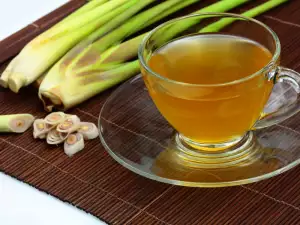
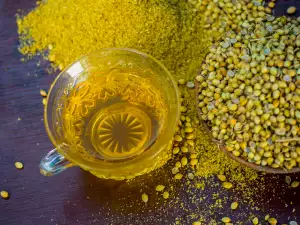
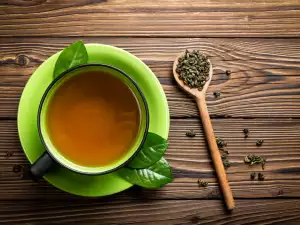
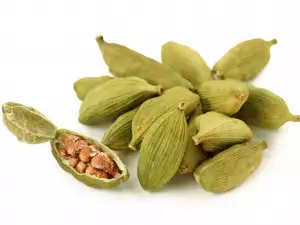
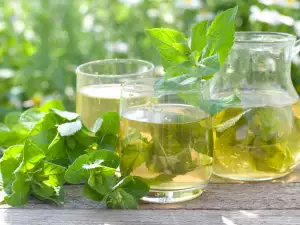




Comments